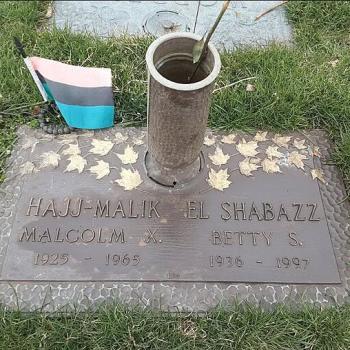More than a decade ago I shared a list of a dozen observations, which I titled “The Zen of Seeing.” I recently stumbled upon it again. I dropped a few, reframed a few. And I share them because I think they may be useful to my sisters and brothers on this long winding road. Some come whole cloth from somewhere in the depths of my heart. Others I heard some or all of. Eventually they became my own. Take what... Read more

















